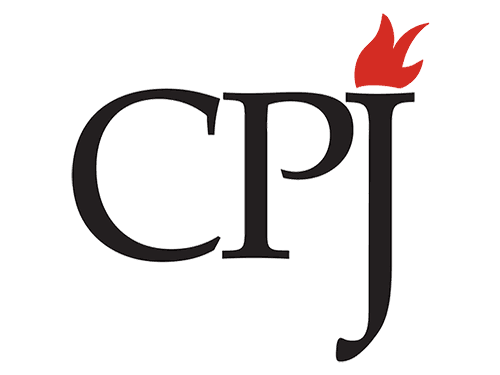New York, July 24, 2017—The trial of 17 journalists, managers, and board members of the opposition daily newspaper Cumhuriyet on terrorism-related charges is a further blow to press freedom, the Committee to Protect Journalists said today.
A court in Istanbul today began trying the 17, including Can Dündar, the newspaper’s award-winning former editor, Murat Sabuncu, who replaced him, columnist Kadri Gürsel, and cartoonist Musa Kart, on charges of being members of a terrorist organization, aiding a terrorist organization while not being a member, and “employment-related abuse of trust,” according to press reports. Turkish prosecutors accuse the journalists of being or aiding followers of exiled preacher Fethullah Gülen, whom the government accuses of masterminding a failed military coup in July 2016, and of aiding the Kurdistan Workers’ Party (PKK), which Turkey classes as a terrorist group. The defendants deny the charges, press reports said.
“The pretext of terrorism has worn so thin that nobody but the staunchest of government loyalists could possibly believe it,” CPJ Deputy Executive Director Robert Mahoney said. “Prosecutors should not be doing the bidding of the president’s office to censor free speech but should be pursuing actual criminals. All charges against Cumhuriyet’s employees and board members should be dropped immediately and the scores of journalists jailed for their work should be released.”
Eleven of the 17 suspects, including Gürsel, Sabuncu, and Kart, are jailed, according to press reports. Dündar, whom CPJ honored with its International Press Freedom Award in 2016, is in exile and is being tried in absentia. A court last year sentenced him to five years and 10 months in prison in connection with a 2015 story Cumhuriyet published alleging Turkey’s intelligence service sent weapons to Syrian rebels under cover of humanitarian aid, according to press reports.
When CPJ last conducted its annual census of journalists imprisoned around the world for their work, more journalists were jailed in Turkey than in any other country at any time since CPJ began keeping records in 1992.




















































